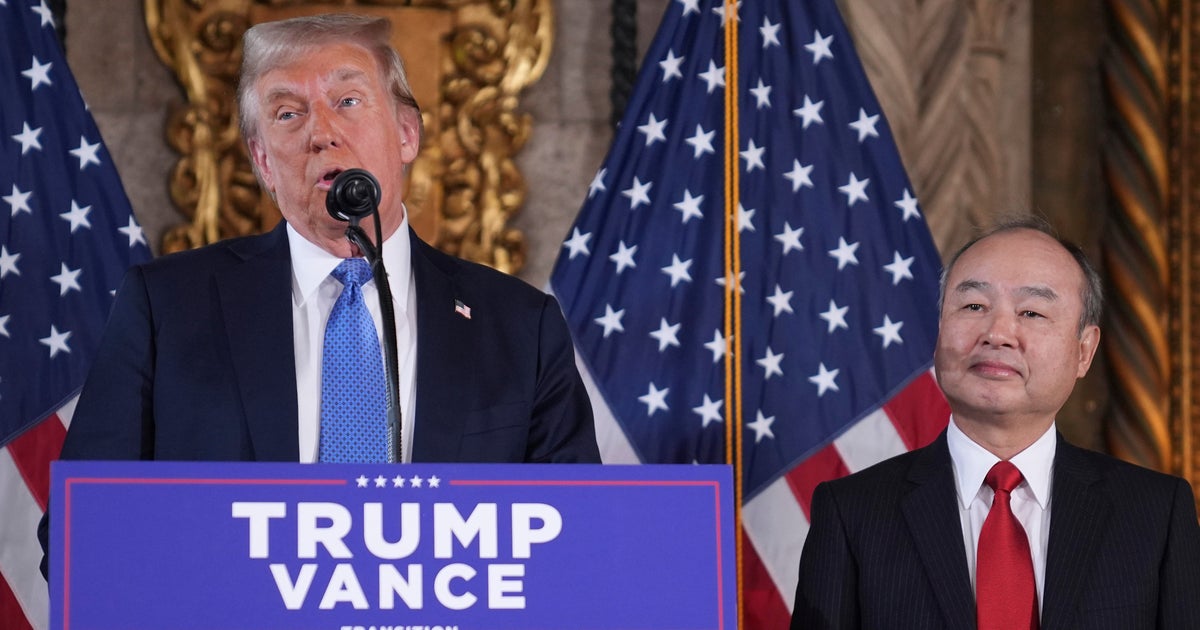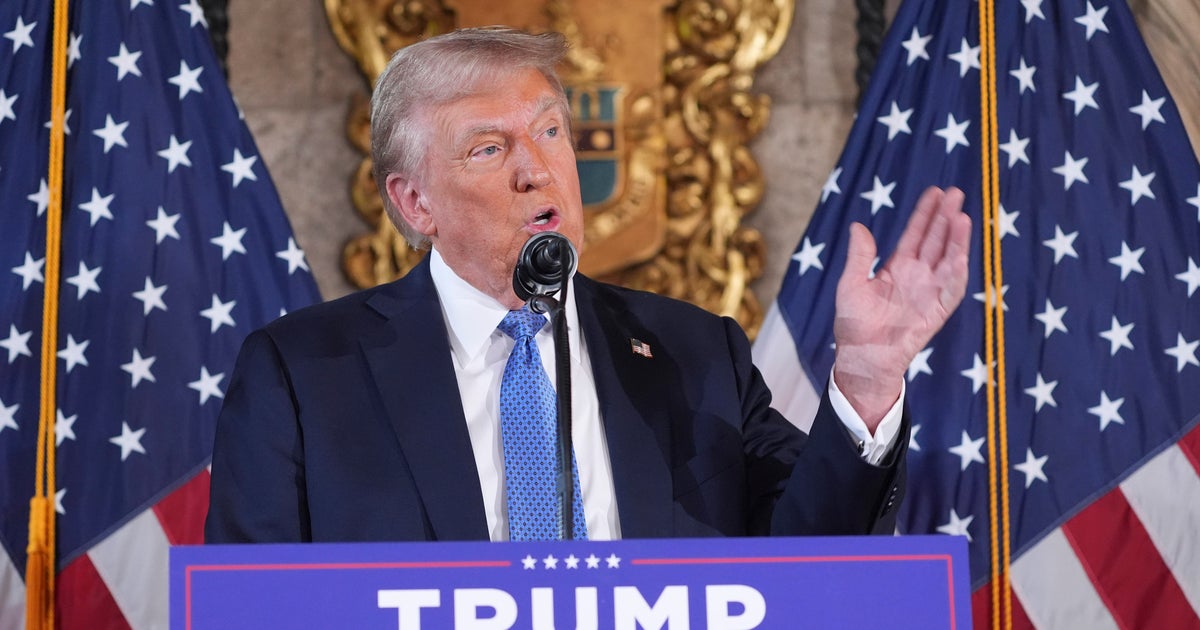Biden touts economic recovery steps as more American Rescue Plan funds become available
President Biden said Monday that more than $350 billion will be sent to states and localities to get public employees laid off when governments had to balance their budgets amid the pandemic back to work. State and local governments have cut more than 1 million jobs since the start of the pandemic.
Biden focused on the U.S. economy in his Monday remarks after a Friday jobs report reflecting hiring around the country in April fell far short of expectations, adding 266,000 jobs in April, far fewer than the 1 million jobs economic forecasters predicted. The unemployment rate also rose slightly to 6.1%, from 6%.
"Let's be clear, our economic plan is working," Biden said Monday, arguing the country has added 500,000 jobs per month on average since he took office, up from the 60,000 jobs per month on average in the three months before he took office. "I never said and no serious analysis ever suggested that climbing out of the deep deep hole that our economy was in would be simple, easy, immediate or perfectly studied."
The Treasury Department on Monday announced it will distribute the aid via a Coronavirus State and Local Fiscal Funds under the American Rescue Plan, a move the administration argues will not only help governments respond to the pandemic but will also bring back jobs. Eligible states, territories, cities, counties and tribal governments will be able to enter a portal starting Monday to request funds. The Treasury Department expects to deliver those funds directly. The first payments should begin within a matter of days, according to senior administration officials.
"Today is a milestone in our country's recovery from the pandemic and its adjacent economic crisis. With this funding, communities hit hard by COVID-19 will able to return to a semblance of normalcy; they'll be able to rehire teachers, firefighters and other essential workers – and to help small businesses reopen safely," said Treasury Secretary Janet Yellen in a statement.
The fund includes $195.3 billion for states and the District of Columbia, $65.1 billion for counties, $45.6 billion for cities, $20 billion for tribal governments and $4.5 billion for territories, with some to be distributed now and some split into two parts, one this year and one next year.
Governments can use the money to pay for health care; rehire workers; address housing and food insecurity and aid small businesses; pay essential workers premium wages; and invest in some infrastructure projects such as water, sewer or broadband. Senior administration officials noted this was not designed to replace the American Jobs Plan and long-term, broader infrastructure needs.
Speaking to reporters Monday, White House American Rescue Plan coordinator Gene Sperling said the administration is responding to the lessons of the Great Recession.
"It's about taking every step possible to ensure we do not have a K-shaped recovery, that we have a recovery that brings everyone along, that increases not just growth but dignity and security and opportunity, that reduces the scarring that can often happen to people who are out of the labor market for too long or for have too much trouble entering the labor market because the job market is not tightening quick enough."
Governments are barred from using the money to offset tax cuts due to changes in laws from early March through the end of the fiscal year in which the money has been spent. A number of Republican-led states have already taken legal action regarding the provision. The money also cannot be used to replenish pension funds.
Mr. Biden and top administration officials have acknowledged the nation's economic recovery from the ongoing coronavirus pandemic will be a long haul and have said the April jobs report from the Department of Labor underscores the need for Congress to pass the president's twin $4 trillion jobs and families plans.
During his remarks, Biden also announced additional steps to get Americans back into the workforce and reported the first checks would be going out to 16,000 hard-hit restaurants were going out on Monday. He also reaffirmed the rules of unemployment insurance benefits.
While the president argued the economic recovery from the pandemic is moving in the right direction, last week, Republicans are pointing to federal supplemental jobless benefits, approved as part of Mr. Biden's coronavirus relief package enacted in March, as the culprit behind the disappointing hiring in April. GOP lawmakers argue the enhanced unemployment aid is providing a disincentive for Americans to return to work, and at least two states, South Carolina and Montana, are moving to end the federal pandemic jobless benefits for their residents among labor shortages.
Administration officials, however, point to ongoing fears about the pandemic and continued challenges with securing child care as the reasons why Americans are staying home. The president has proposed a $1.8 trillion families plan that would provide affordable child care to working families and free preschool for 3- and 4-year-olds.



